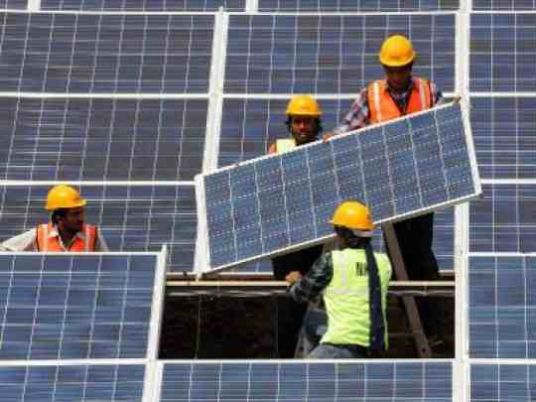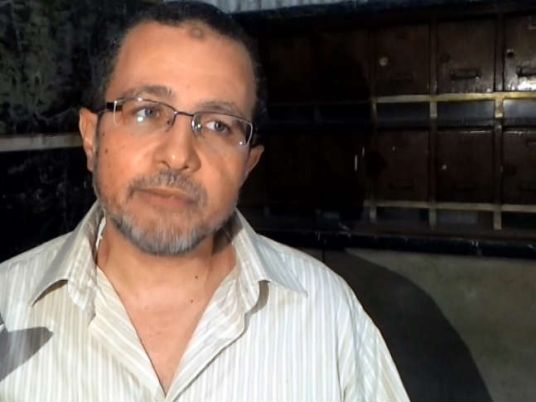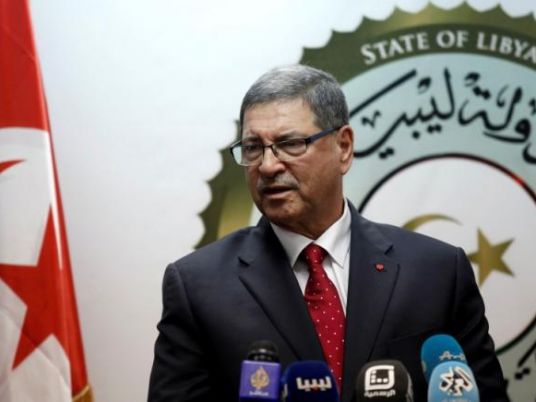Now is a good moment to revisit the idea of a “technocratic government,” the type of government which the just-appointed prime minister Hesham Qandil said he intends to form, and which has circulated incessantly among the political elite, the media, and the public at large ever since the downfall of Hosni Mubarak regime. The idea has a relatively long pedigree. In the 1970s it prompted the veteran journalist Mohamed Hassanain Heikal to coin the Arabic terms ahl al-khibra (“the knowledgeable”), versus ahl al-thiqa (“the trusted”). Trust in technocrats may be especially high in Egypt thanks to an educational and occupational system in which those perceived as the smartest students opt for medicine and engineering and other science-based professions. These occupations are generally more rewarding — financially and in terms of social status — than those requiring the study of liberal arts.
Faith in technocrats, however, is not limited to Egypt. Greece, before the last election round, had appointed an economist, Lucas Papademos, as prime minister in the belief he would help save the economy from the crushing financial predicament. Mario Monte, the current prime minister of Italy — which is in the throes of a similar crisis — is also an economist. Even among Palestinians a government of technocrats has been advocated as a way to bridge the impasse between the two main competing political factions, Fatah and Hamas. The idea of having a government populated by technocrats clearly pops up when there is a governance crisis, and when the legitimacy of a regime or system comes under scrutiny.
Technocrats are those with technical skills or know-how in a particular field, from economics and agriculture to defense. They presumably ground policy decisions in cold, rational, scientific calculus, largely free of the mess of politics, ideology and values. That they can accomplish such a feat, the argument goes, is owed to their professional training and because they are not directly beholden to the electorate or to particular interest groups. State power can thus be conveniently split into “power over” and “power to do.” “Power over” is held by those who ascend to political authority through the ballot box, by one political party (as in ex-communist states), or by military juntas (as in many Third World post-independence regimes). The political power holders then name those with the "power to-do," basically as administrators for finessing and implementing their broad directives and preferences. This division of labor is meant to reassure citizens that their affairs are in sure hands and, as a fringe benefit, enable those with the “power over” to shift responsibility to their appointees when things go wrong, and replace them with others rather than replacing themselves!
But the premise that public policy can be made through rational, technical means alone and that there are people who think and act with the neutrality of scientific instruments is deeply flawed and must be laid to rest.
For one thing, human societies are still “political animals” 2,000 years after Aristotle pointed this out: society is made up of groups with different values, identities, capabilities, access to wealth and power and, consequently, divergent interests. Public policy is about making social choices, whether it concerns education, industry, infrastructure or other sectors. It is carried out within the constraint of scarce resources — allocation for one sector, one region, one city district, one segment of society renders resources less available for others. For example, if capital is invested in building a huge new international airport, gains accrue mainly to jet-setters and tourists, whereas if it is earmarked for the railway system, the millions who ride dilapidated and crowded trains in the provinces daily can travel faster and in comfort.
In other words, because it seldom benefits or burdens the various social groups equally, public policy remains political to the core. Only in a utopia without social distinctions, or in a dystopia, which conditions people not to see differences, can politics disappear and be replaced by “the administration of things.”
Some maintain that even technology, the artifacts we use, have politics. The ship, they say, requires a captain and so cannot be run democratically; likewise, a nuclear power plant calls for centralization and secrecy, unlike solar power. Examples can be multiplied. The British economist E. F. Schumacher conceived of intermediate technology under the catchy rubric “small is beautiful” from his reading of Buddhist and Gandhian philosophies (what kind of technology do Islamic values promote?).
In Egypt pundits credited Facebook, Twitter and social media in general with making the 25 January revolution. These technologies did not make the revolution, but prescribed ways of organizing and who could spearhead the revolution, and in this sense they were political. They enabled the young who were the most adept users to be in the frontline, and its non-hierarchical character encouraged a horizontal, largely leaderless movement, at least in the early phase. If technology has politics, how can humans be apolitical? In a sense, it is unfair to the technocrats themselves to depict them as apolitical, reducing them to the status of calculating machines or one-dimensional persons.
We know that experts disagree on many matters, and their disputes do not derive solely from technical reasoning. Their conclusions depend on their own interpretations of quantitative data and qualitative evidence, which are seldom free from value preferences and the weighting of interests of those who have influence. Witness the endless debates among economists on the causes of and policies to navigate through the economic straits that many Western countries find themselves in.
Without a doubt, many members of the cabinets during the Mubarak years were reasonably or highly qualified experts in their respective fields. Yet they resided on a swamp of corruption, failed to propel Egypt into the status of an industrial power, and produced deep and widespread social and economic inequalities. Sound public policy cannot be conducted in the dark; it must be negotiated among various interests, debated in a parliament and in a free media. It needs, first of all, a social contract; otherwise, what will be the basis for decisions regarding, for instance, two “policy biggies,” government spending priorities and the roles of the state and the market in steering the economy?
Clearly, the first problem to be resolved in Egypt is the struggle for “power over” between President Morsy and the military and their respective backers. Until this happens, the best hope for the country is that the technocrats in the new government would represent a wide spectrum of political forces, and that the media and civil society would keep track of and influence the policies and performance of the government. Only in this way might Egypt move in the direction that millions of those who took part in the 25 January revolution aspired for.
Sharif S. Elmusa is a Palestinian poet and professor of political science at the American University in Cairo.




